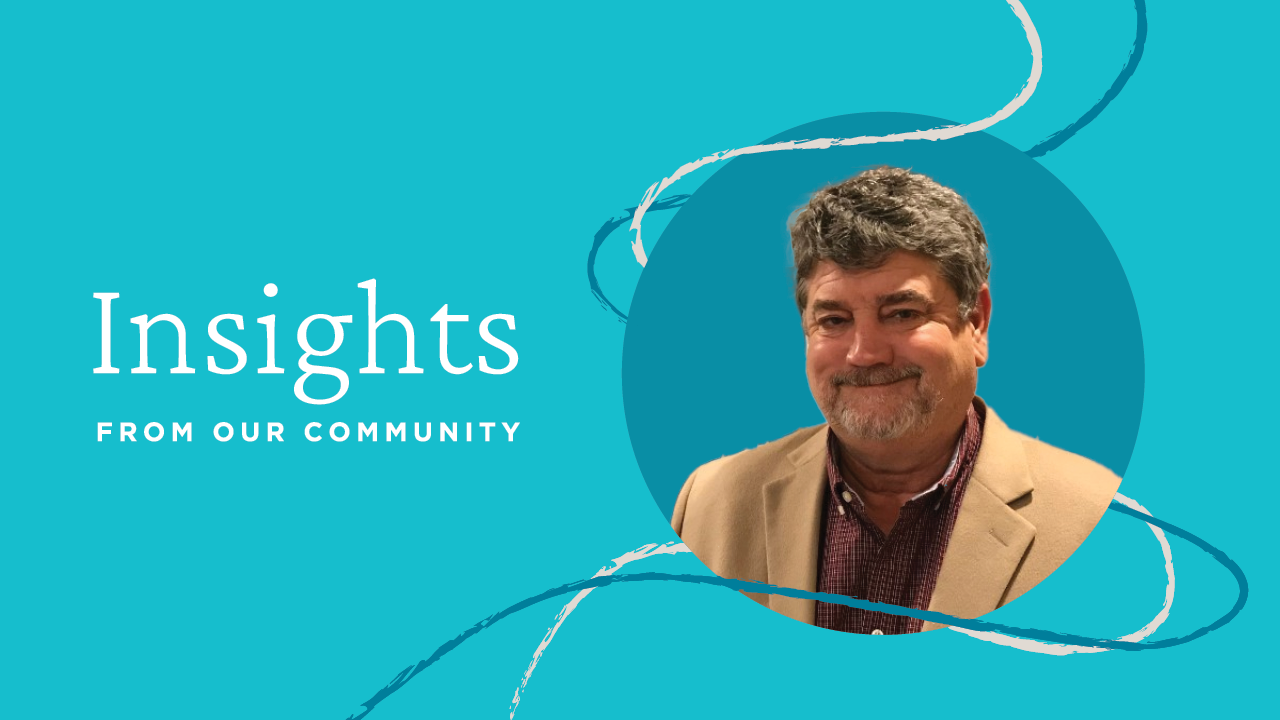On February 2, 2022, Paul Rice, the Founder and CEO of Fair Trade USA, shared insight into the Fair Trade movement and the impact of the Fair Trade Certified label and standards on conscious business and consumerism.
As a set of rigorous standards, the Fair Trade certification process is a 300-point checklist of labor, social, and environmental criteria that farmers and factory owners have to meet in order to pass an annual audit. As a global movement, Fair Trade is made up of a diverse network of producers, companies, consumers, advocates, and organizations putting people and planet first.
During his time in conversation with our own CEO Alexander McCobin, Paul highlighted the theory of change that frames Fair Trade’s mission to be a driving force for ethical labor and business practices. Paul offered the three key actors in this theory and why conscious leaders and businesses should get behind it.
1. As a business, conscious practices like Fair Trade are in your best interest both financially and socially.
The first actor in the Fair Trade theory of change is the business community. Paul offers that, first, by looking at the consumer trends of Gen Z and Millennial shoppers, we can see that conscious consumerism is likely more than a short-term shift in shopping habits:
“Companies [are] realizing that this conscious consumer movement is a macro-trend, it’s not a fad … we get a glimpse of our collective future when we look at the numbers of Gen Z and Millennial consumers. They’ve indexed very high in terms of their expectations of companies and companies’ practices.”
Therefore, Paul suggests that embracing Fair Trade, and movements like it, will set businesses up for long-term success and profitability.
Paul also lists improved reputations when businesses can prove their commitments to being socially and environmentally conscious, stronger supply chain security and transparency, among others, as advantages to embracing conscious practices.
2. Through movements like Fair Trade, you play a part in alleviating poverty around the world.
The second actor is the workforce. By necessitating adequate pay, Fair Trade ensures workers that once made dollars a day have access to new opportunities, like education for themselves and their families.
With Conscious Capitalism in mind, this is a clear example of Stakeholder Orientation and recognizing the interdependent nature of life and the human foundations of business. Fair Trade creates value not only for businesses, but for its community of workers and farmers, too.
3. As a consumer, you can buy Fair Trade, back the movement, or identify another conscious business philosophy to support.
Paul made sure to stress that the Fair Trade movement is not the only conscious model for business out there.
Regardless of the movement you support, it’s crucial that you activate yourself as a consumer to ensure the viability and longevity of conscious business.
In closing, Paul notes that “If consumers buy the Fair Trade product, then the model works for everyone… a lot of efforts are around activating consumers and getting the word out…”
To get the full conversation, watch the recording of this virtual gathering.
Our Virtual Gatherings are designed for business leaders, investors, and advocates who are looking to level-up their practice by learning from and connecting with Conscious Capitalists around the world.


